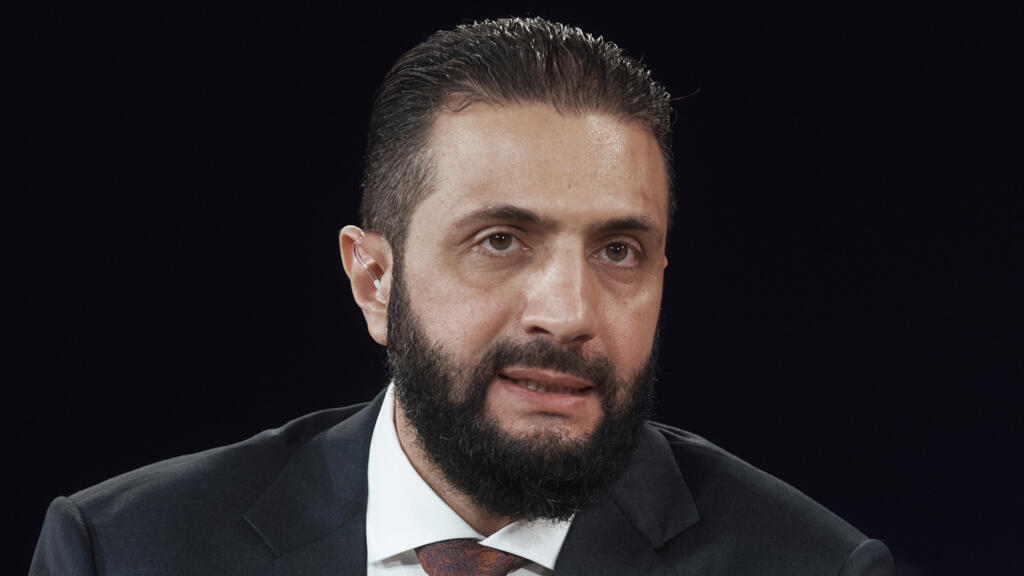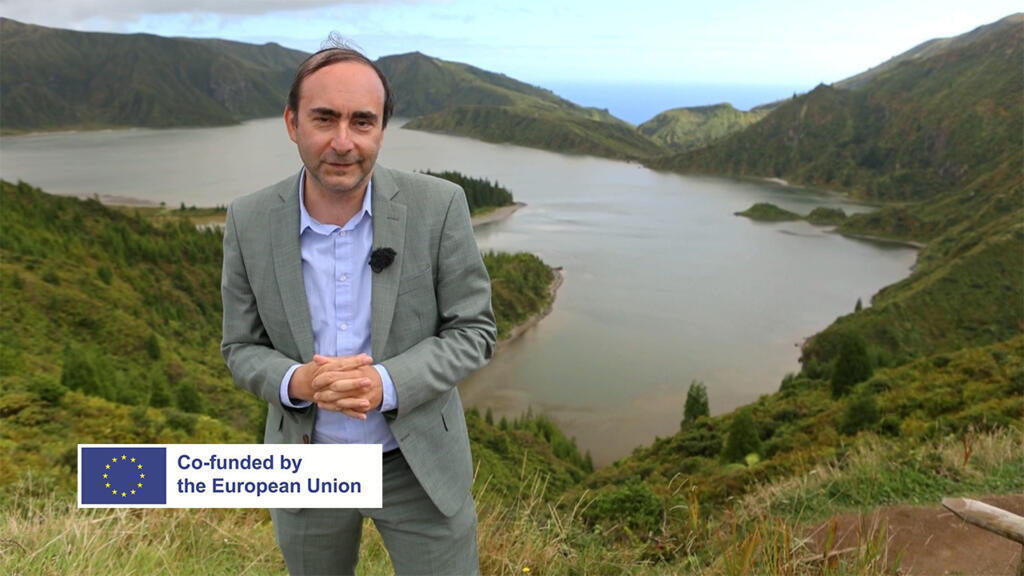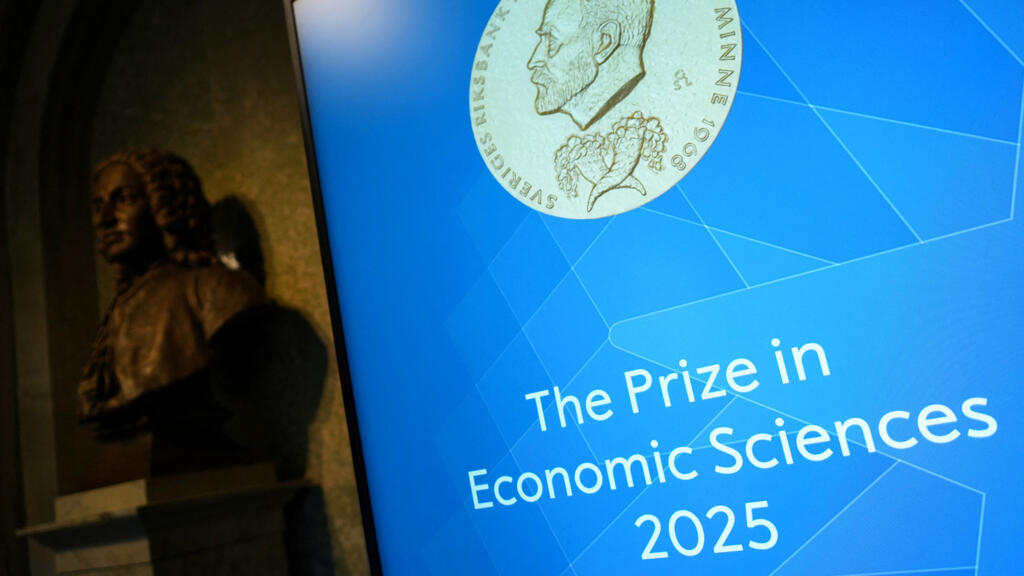Putin to Meet Syrian President Ahmed al-Sharaa in Moscow
Russian President Vladimir Putin is scheduled to meet with Syrian President Ahmed al-Sharaa in Moscow on Wednesday. This meeting marks al-Sharaa's first official visit to Russia, following his ascension to the Syrian presidency after the controversial ouster of former President Bashar al-Assad. The Kremlin has confirmed the meeting, indicating its significance in the ongoing geopolitical dynamics in the region.
During this visit, President al-Sharaa is expected to address several critical issues, among them the status of Bashar al-Assad, who has sought refuge in Russia following his removal last year. Assad’s ouster resulted from a prolonged conflict where rebel forces gained ground against his administration. His time in Russia has been a point of contention and concern for various stakeholders in the region, including his supporters and opponents.
The meeting is anticipated to cover various topics that include bilateral relations, military cooperation, and efforts toward regional stability. Since the onset of the Syrian civil war, Russia has played a pivotal role in supporting Assad's regime, leading to questions about the Kremlin's commitment to al-Sharaa and his government following this leadership transition.
Furthermore, al-Sharaa's request for Assad's handover is particularly significant given the complexities of international law and diplomatic norms. Such a demand underscores the shifting allegiances and the evolving nature of power dynamics within Syria itself. This also raises questions about Russia's role as a global power and its influence on the outcomes of the Syrian conflict, as well as its strategic interests in the Middle East.
The backdrop of this meeting involves not only the internal challenges faced by the Syrian government but also the broader geopolitical implications. The presence of international actors in the region, including Turkey and the United States, further complicates the situation. In particular, the war in Syria has drawn in numerous factions, each with its own agendas, contributing to an increasingly fragmented political landscape.
As the talks unfold, it will be crucial to observe the responses from other global powers and how they might react to any agreements or arrangements made during the meeting between Putin and al-Sharaa. Furthermore, the international community has been watching closely, particularly regarding the humanitarian crises arising from the conflict and the potential impacts on civilian populations.
In conclusion, the scheduled meeting between Vladimir Putin and Ahmed al-Sharaa represents a pivotal moment in the ongoing complexities of Syrian politics. It reveals not only the fragile state of Syrian governance but also highlights the intricate web of international relations that influence and shape the future of Syria and the broader Middle East.












